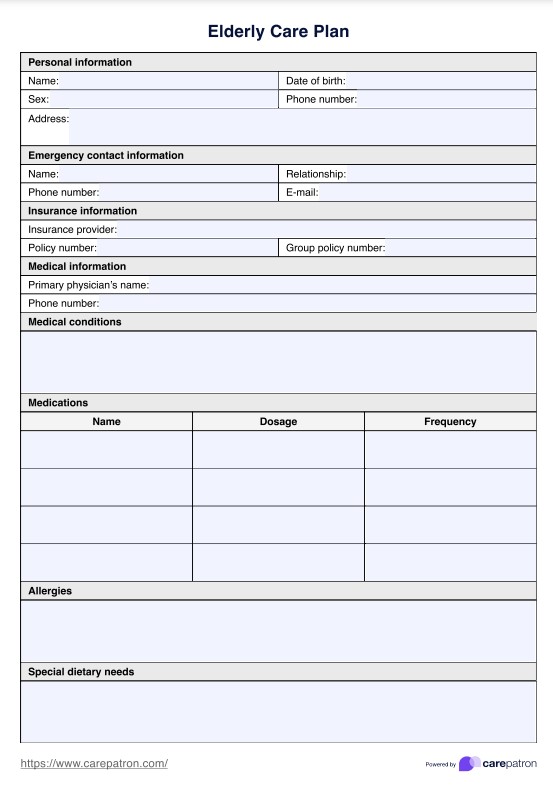To write an elderly care plan, you should consider the input and preferences of the older individual, involve family members or caregivers in decision-making, consult healthcare professionals for their expertise, and work together with the care team and facility staff to create a comprehensive plan. It's important to update the care plan regularly as the needs and conditions of the older person may change over time.












